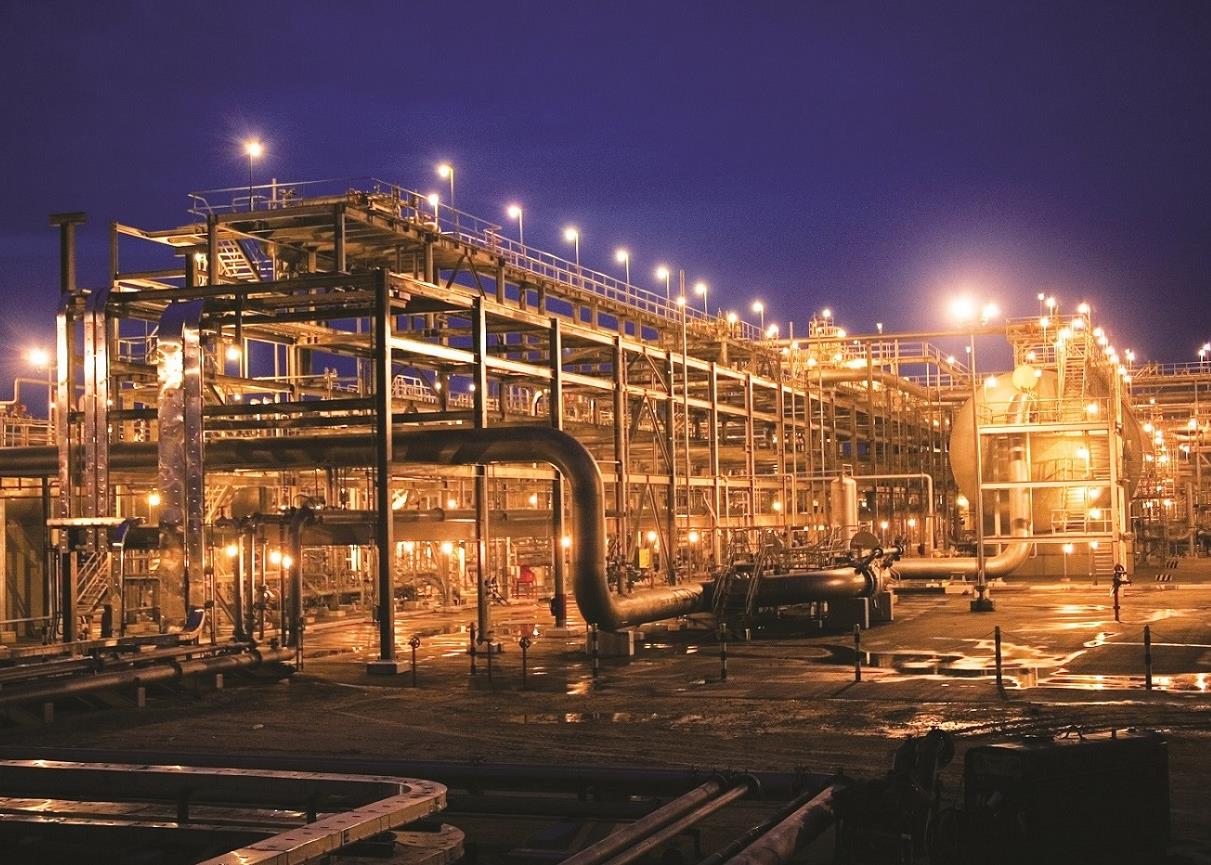
Tunisia’s political transformation has been impressive, but economic performance has been dismal
Much has been achieved in Tunisia since the end of the 23-year rule of Zine el-Abidine Ben Ali in January 2011. A new government is in place which shares power between three different parties. A constituent assembly has been appointed to draw up a new constitution, and polls are planned later in the year to elect a new parliament. Freedoms of speech and assembly are unrecognisable from two years ago.
But where the political transformation has been impressive, the country’s economic performance has been dismal. The economy contracted almost 2 per cent in 2011, and the expansion in 2012 was barely enough to correct the downturn of the previous year.
By the end of last year, the fiscal deficit had widened to 7.2 per cent and the current account deficit to 7.5 per cent. Foreign exchange reserves are just enough to cover three months worth of imports. A report by the Washington-based IMF in September concluded that recapitalising an ailing banking sector could cost the country between 3-7 per cent of gross domestic product. Unemployment is just under 20 per cent.
Although many of these figures are expected to look a little better in a year’s time, the prospect of a fundamental shift in fortunes is remote. The introduction of the new constitution has already been delayed. Elections scheduled first for March 2013 and now for June are likely to be delayed again.
The longer the wait for a permanent government in Tunisia, the more difficult it will be to tackle the country’s economic problems. They are becoming increasingly urgent.
You might also like...

Aramco allows more time for MGS package revised prices
18 April 2024

Morocco tenders high-speed rail project
18 April 2024

Egypt resumes power cuts
18 April 2024

Petrofac awards carbon capture sub-contract
18 April 2024
A MEED Subscription...
Subscribe or upgrade your current MEED.com package to support your strategic planning with the MENA region’s best source of business information. Proceed to our online shop below to find out more about the features in each package.








